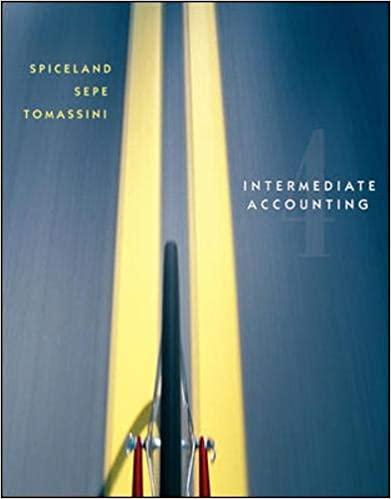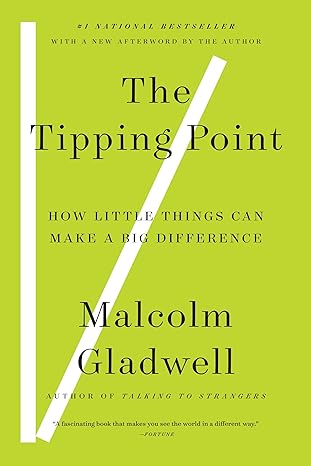Go back


Collected Comments From The Center For Fiscal Equity To The United States Congress Volume I Tax Reform Trade Competitiveness And Collection(1st Edition)
Authors:
Michael G. Bindner

Cover Type:Hardcover
Condition:Used
In Stock
Shipment time
Expected shipping within 2 DaysPopular items with books
Access to 30 Million+ solutions
Free ✝
Ask 50 Questions from expert
AI-Powered Answers
✝ 7 days-trial
Total Price:
$0
List Price: $17.95
Savings: $17.95(100%)
Solution Manual Includes
Access to 30 Million+ solutions
Ask 50 Questions from expert
AI-Powered Answers
24/7 Tutor Help
Detailed solutions for Collected Comments From The Center For Fiscal Equity To The United States Congress Volume I Tax Reform Trade Competitiveness And Collection
Price:
$9.99
/month
Book details
ISBN: 1980919143, 978-1980919148
Book publisher: Independently published
Get your hands on the best-selling book Collected Comments From The Center For Fiscal Equity To The United States Congress Volume I Tax Reform Trade Competitiveness And Collection 1st Edition for free. Feed your curiosity and let your imagination soar with the best stories coming out to you without hefty price tags. Browse SolutionInn to discover a treasure trove of fiction and non-fiction books where every page leads the reader to an undiscovered world. Start your literary adventure right away and also enjoy free shipping of these complimentary books to your door.
Book Summary: Volume I covers tax reform from 2011 through passage of the Tax Cut and Jobs Act, including inputs to Congress and President Bush’s ask force. The theme of all of these comments has been to create a society of more liberty and cooperation, where employee-owned companies take over both consumer and governmental functions, enabled by tax reform and the diversion of Social Security funds toward more employee-ownership, albeit with an insurance fund off all such companies holding a third of shares to insure against losses and to step in when management may be either ineffective or corrupt, as determined by one quarter of the ownership shareholders. Our four-part plan executes this vision: • A Value Added Tax (VAT) to fund domestic military spending and domestic discretionary spending with a rate between 10% and 13%, which makes sure very American pays something. • Personal income surtaxes on joint and widowed filers with net annual incomes of $100,000 and single filers earning $50,000 per year to fund net interest payments, debt retirement and overseas and strategic military spending and other international spending, with graduated rates between 5% and 25% in either 5% or 10% increments. Heirs would also pay taxes on distributions from estates, but not the assets themselves, with distributions from sales to a qualified ESOP continuing to be exempt. • Employee contributions to Old Age and Survivors Insurance (OASI) with a lower income cap, which allows for lower payment levels to wealthier retirees without making bend points more progressive. • A VAT-like Net Business Receipts Tax (NBRT), essentially a subtraction VAT with additional tax expenditures for family support, health care and the private delivery of governmental services, to fund entitlement spending and replace income tax filing for most people (including people who file without paying), the corporate income tax, business tax filing through individual income taxes and the employer contribution to OASI, all payroll taxes for hospital insurance, disability insurance, unemployment insurance and survivors under age sixty. Our consumption tax proposals are not so much to give more money to plutocrats for saving, since we retain a high income and inheritance surtax, but so that most families can avoid tax filing at all and regional value added taxes funding discretionary spending will provide an incentive to reduce wasteful pork barrel projects, especially on the military side. A subtraction VAT will include both an expanded Child Tax Credit and several options for employers, especially cooperative ones, to take over programs now funded by the government, such as remedial literacy education replacing TANF.
Customers also bought these books
Frequently Bought Together
Top Reviews for Books
Jeanie Edgman
( 4 )
"Delivery was considerably fast, and the book I received was in a good condition."










